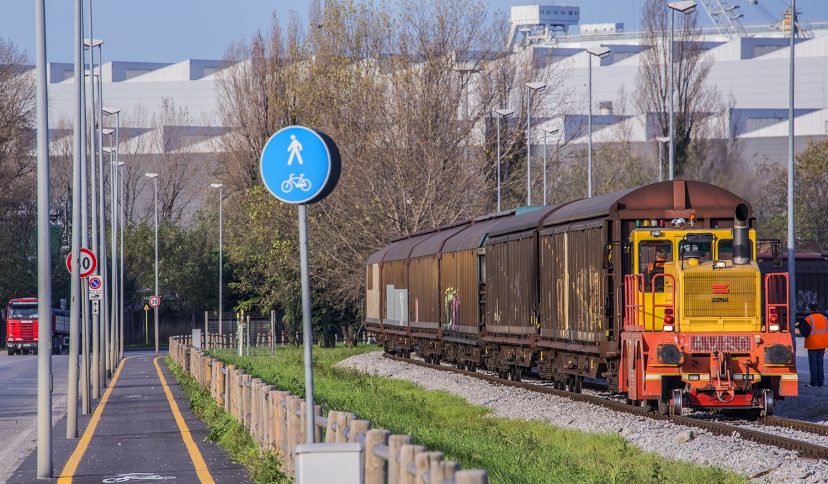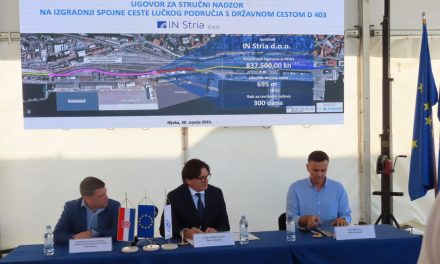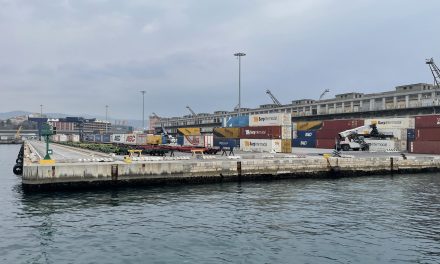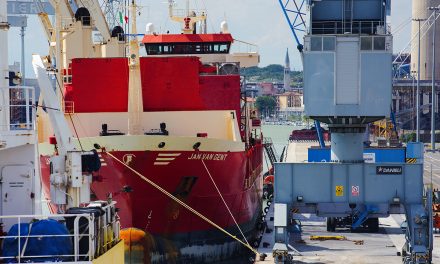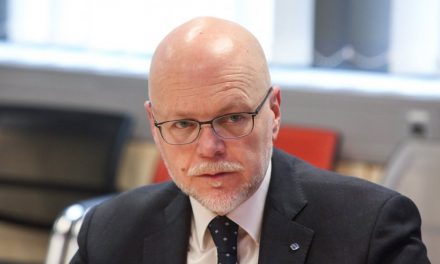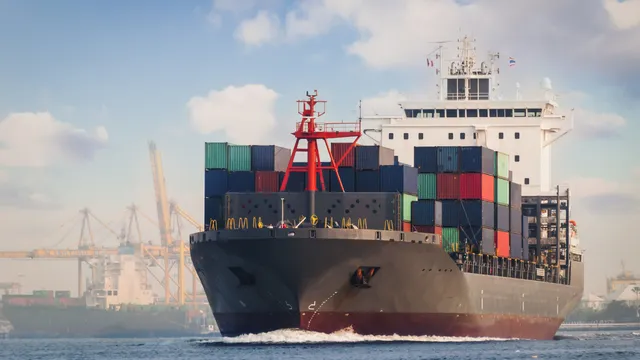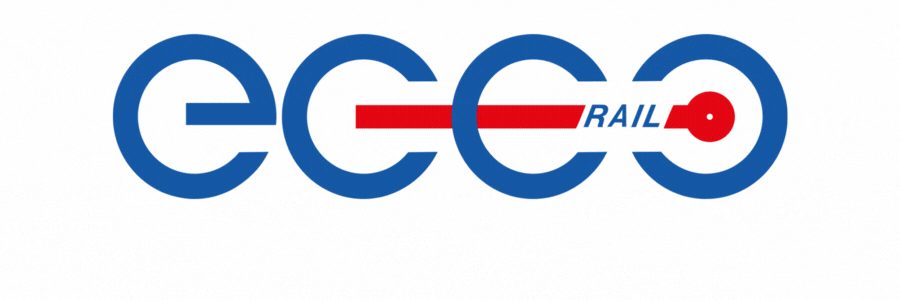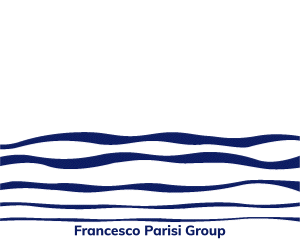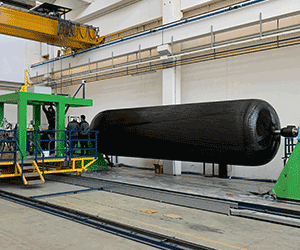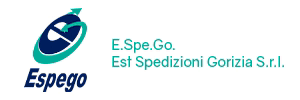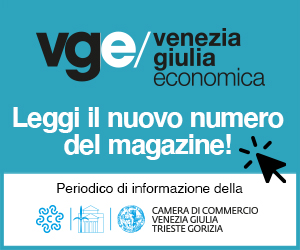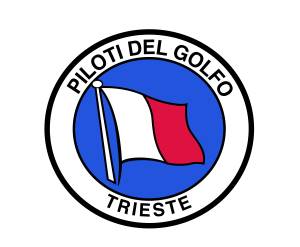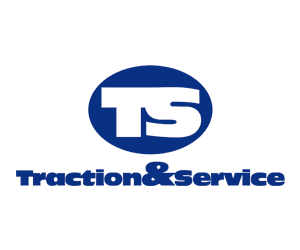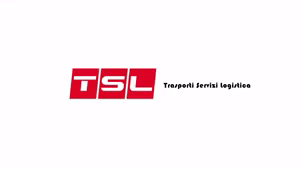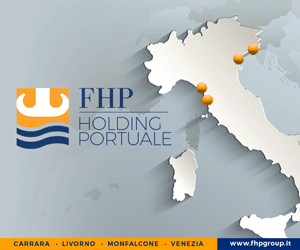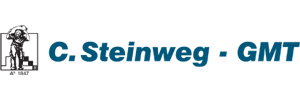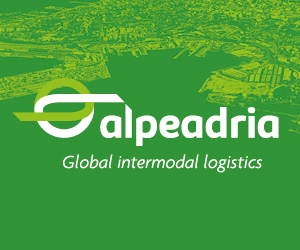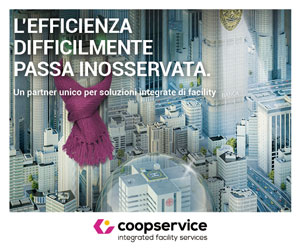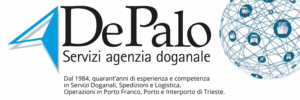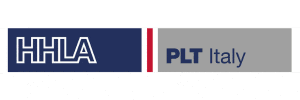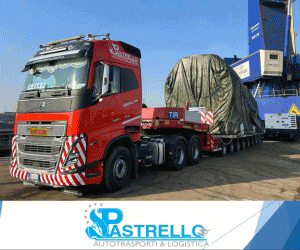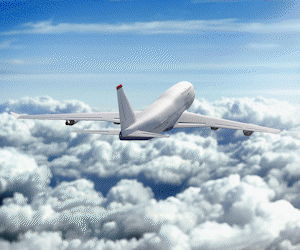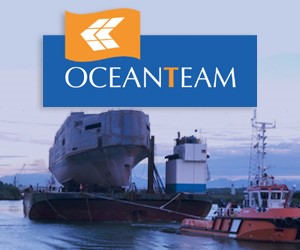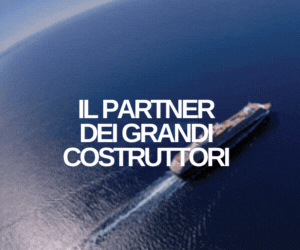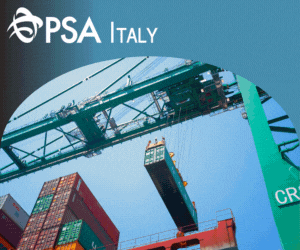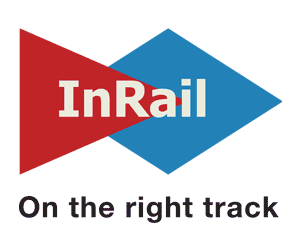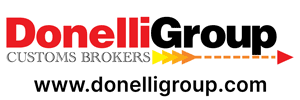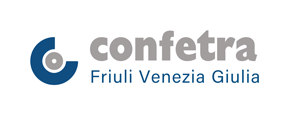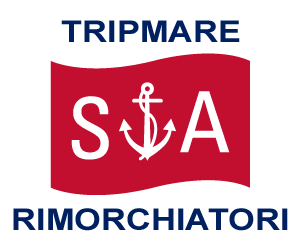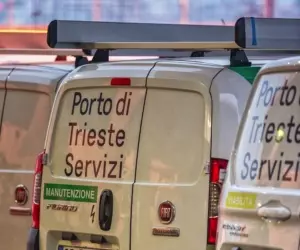MONFALCONE – There are several options for immediate action to reduce emissions, and the train is the first among them. The concept was reiterated today in Monfalcone during the round table “The development of ports and traffic in the new geopolitical context”. The event, organized as part of the European project Smooth Ports, was conceived as a moment of confrontation between the project partners.
The port of Trieste is the first in Italy for the number of trains and the nearby port of Monfalcone – specialized in general goods – is a candidate to enter the system of rail services that characterize its offer. At the conference today, hosted by the Municipality of Monfalcone with the mayor Anna Maria Cisint, were also present representatives of the port of Hamburg and Lennert Dewaelsche, representative of the company Hhla, which has recently acquired Piattaforma Logistica Trieste in the international port of Friuli Venezia Giulia. Dewaelsche himself emphasized the train as a sector in which efficiency must be further improved at the Port of Trieste, where HHLA aims to receive and ship at least 60% of the cargo by rail.
There was no lack of unwanted news, particularly at the end of the speech by Giuseppe Bortolussi, president of Interporto Pordenone, recently connected by train to the port of Trieste. “The RFI (Italian Railway Network) projects for Friuli Venezia Giulia are dated 2024, with prospects of realization of 15 years. When will we put our hands on the nodes that affect the regional rail system? How will we be able to run more trains than we do now?” asked Bortolussi rhetorically.
The round table was also attended by the Maritime Director of FVG, Rear Admiral Vincenzo Vitale, Vittorio Torbianelli, Secretary-General of the Port Network Authority of the Eastern Adriatic Sea, Stefano Visintin, President of Confetra FVG, MEP Elena Lizzi and Diego Stinco, Managing Director of Agenzia Operatori Marittimi, Agency of Maritime Operators of Trieste.
The main objective of Smooth Ports, funded by the INTERREG EUROPE program, is the reduction of CO2 emissions from port activities, with reference first of all to the reduction of road traffic, inside and outside the ports. All that through a series of interventions concerning goods clearance procedures, ITC solutions and digital communication, and testing alternative fuels.
Waiting for ecological transition, train as the ideal solution to reduce emissions
